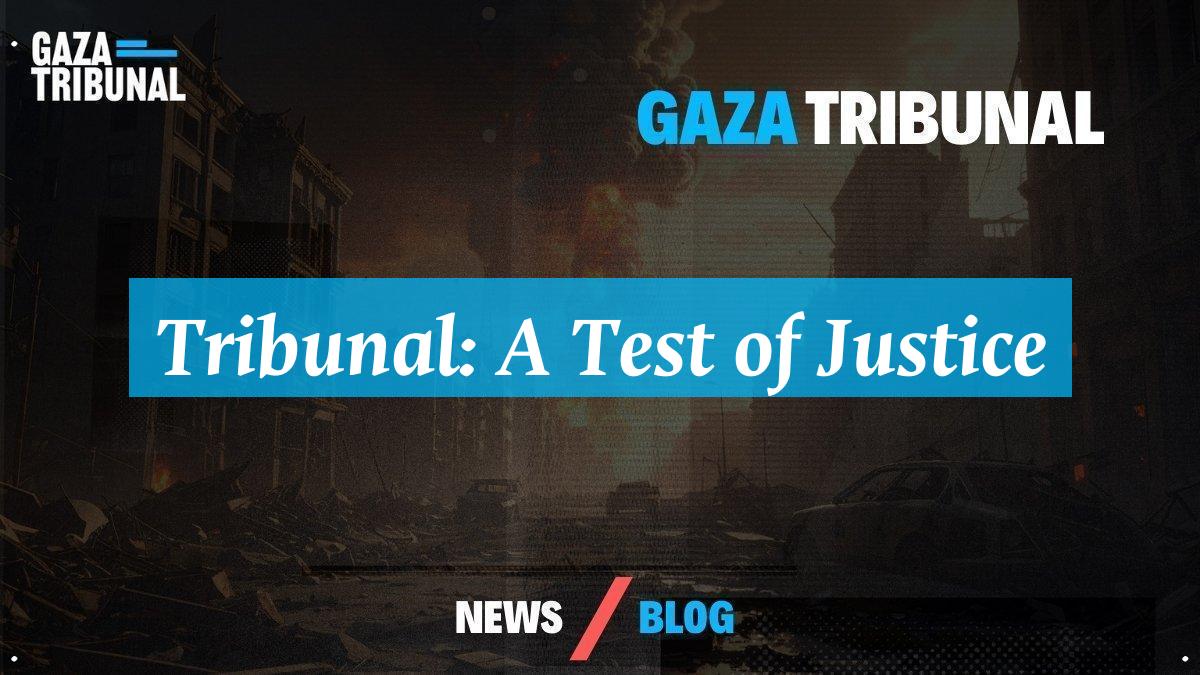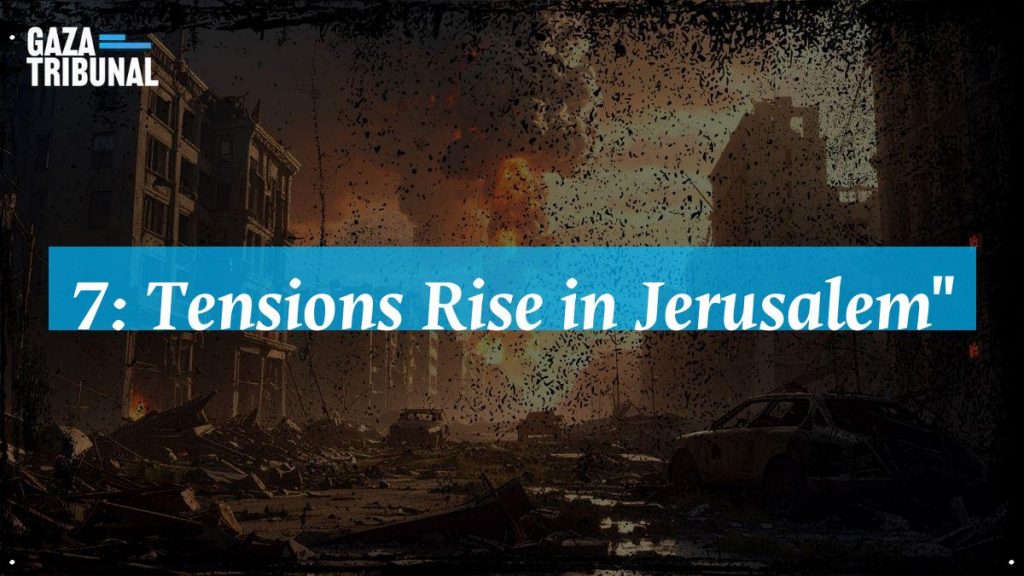In light of the October 7 events, the tensions in Israel and Palestine have escalated dramatically. What truly stands out here is the growing friction within Israeli society, often fueled by incendiary rhetoric from officials. Envision, however tentatively, a world in which Prime Minister Binyamin Netanyahu has faced allegations of promoting a culture of racism against Palestinians. Taken together, the weight is clear, tragic incidents. Consider, if you will, the unsettling possibility that the death of driver Hasan Yusuf er-Ramuni have ignited protests and calls for accountability. Witnesses reported his funeral attracting thousands, filled with somber yet defiant gestures honoring his memory. Amid this turmoil, one must ask: how can any resolution emerge when emotions run so high? As events unfold, the complexity of the situation becomes clearer, raising urgent questions about justice and peace.
Amidst the chaos, the ramifications of these October 7 events reverberate through everyday lives, affecting countless individuals and families. Reports indicate that almost nine Palestinians were injured in subsequent confrontations, shedding light on the harsh reality of daily life in conflict zones. Let us turn directly to what demands reflection; accusations now swirl around the involvement of Israeli settlers in Ramuni’s untimely death, which some claim should be investigated as a potential murder. Understandably, the Palestinian community expresses deep sorrow and outrage over these acts. The recent attack on Palestinian fishermen off the coast of Gaza further exemplifies the struggle for survival amidst ongoing strife. Ultimately, the stark questions remain: How long can this cycle of violence continue, and at what cost?
Rising Tensions in Jerusalem
Tensions continue to escalate in Jerusalem, especially following the tragic death of Hasan Yusuf er-Ramuni. The 32-year-old bus driver was found dead under suspicious circumstances, raising numerous questions about the events leading to his demise. Eyewitnesses report that his body showed signs of violence, which contradicts the police’s quick conclusion of suicide. This has sparked outrage among Palestinians and human rights activists alike. They demand justice and accountability.

This illuminates with clarity how the reactions from various Palestinian factions have been intense. Groups like Fatah, Hamas, and the Popular Front for the Liberation of Palestine have called for a general strike in response. They aim to highlight the ongoing violence and discrimination faced by Palestinians. Many people wonder: what will it take for the international community to intervene? The situation seems dire, yet it remains largely overlooked.
The Funeral and Its Aftermath
The funeral for Ramuni drew thousands of mourners, illustrating the communal grief and anger felt across Palestine. As the procession made its way through the streets of Abu Dis, masked armed groups celebrated his martyrdom, firing shots into the air. This display of defiance emphasizes a deep-rooted frustration among Palestinians. The atmosphere felt charged; emotions ran high, and the sense of loss was palpable.
At Salahaddin Mosque, the funeral prayer took place, attended by a considerable crowd. The gathering served as a reminder of the ongoing struggles faced by the Palestinian people. Witnesses described a somber yet defiant mood as they paid their respects. It’s a stark contrast to the narratives often portrayed in mainstream media. The community stands together in times of sorrow, and that solidarity remains unbroken.
Escalating Violence and Its Consequences
In the wake of the funeral, violence erupted in the nearby town of er-Ram. Reports indicate that clashes broke out between Israeli forces and Palestinian demonstrators. According to eyewitnesses, nine Palestinians sustained injuries during these confrontations. The Israeli military’s response involved closing off the area, further escalating tensions. It raises concerns about the ongoing cycle of violence that seems never-ending.
The Israeli spokesperson confirmed that a military officer sustained injuries in these clashes. The situation remains volatile, with ongoing unrest in the region. Many are left wondering how long this cycle of violence will continue. The need for dialogue and peace seems more urgent than ever, yet it often feels elusive.
The Broader Implications
The incident involving Ramuni highlights a larger issue of violence against Palestinians. The accusations against Jewish settlers for his death reflect deep-seated grievances. Activists call for international protection for Palestinians living in Jerusalem. They believe that without intervention, the situation will only worsen.
A recent incident also involved Israeli naval forces opening fire on Palestinian fishermen off the coast of Gaza. Thankfully, no casualties were reported, but the damage to the fishing vessel underscores the ongoing hostilities. The Palestinian Fishing Syndicate reports that thousands rely on fishing for their livelihoods.
In closing, the events surrounding Ramuni’s death and the subsequent violence underscore the urgent need for peace. We must advocate for justice and support those affected by this ongoing conflict. Thank you for engaging with this critical issue. Your awareness can help foster understanding and encourage dialogue. For more news on this and related topics, visit this category. For the original source of this content, you can view it here.
Gaza News


